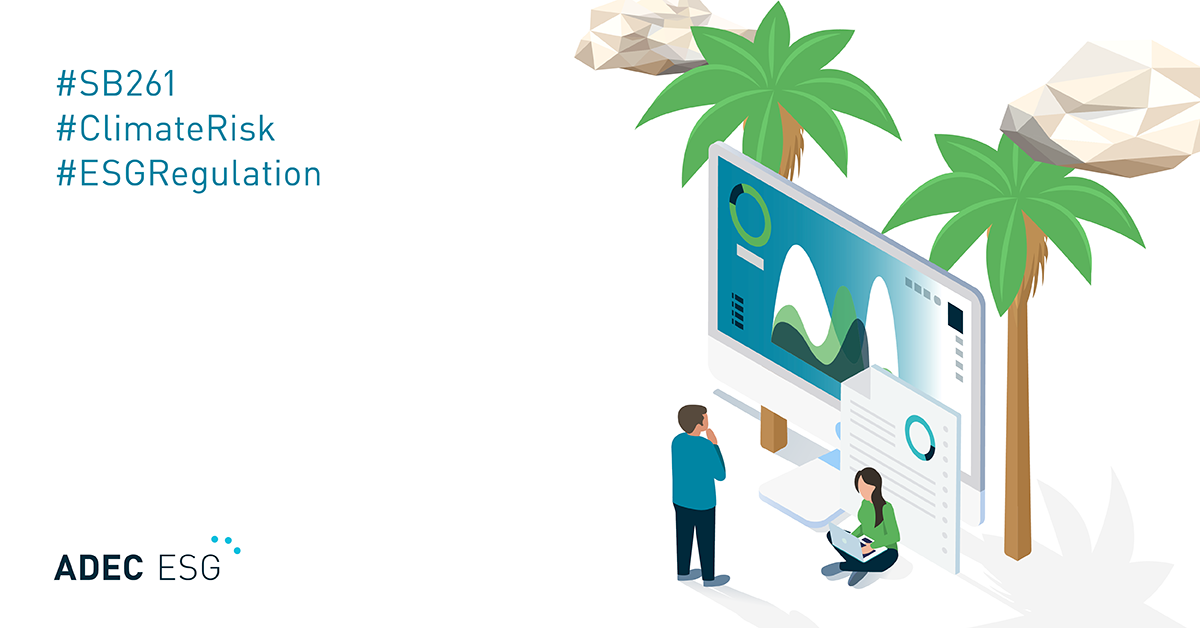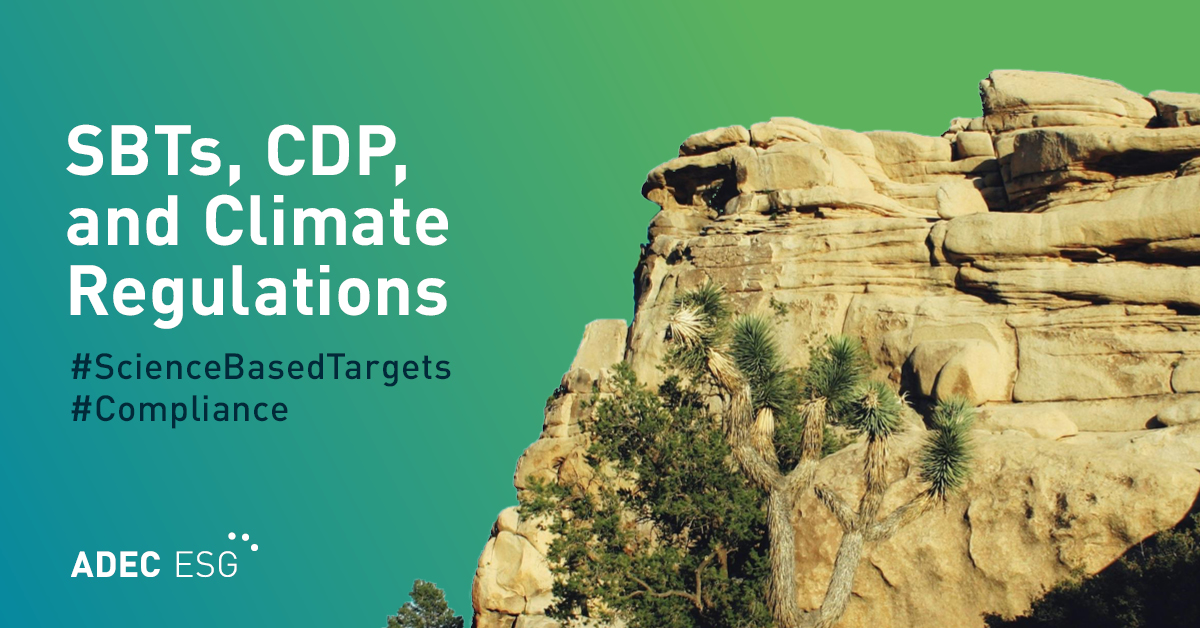Measuring and managing corporate sustainability have become central parts of doing business for companies around the world. Environmental, social, and governance (ESG) ranking systems, which assess a company’s sustainability performance, are becoming increasingly valued as key decision-making indicators by consumers, investors, and other stakeholders.
This demand has driven companies worldwide to take a proactive approach to disclosure for many reasons: answering investor requests, improving reputation, assessing risks and opportunities, and complying with regulations.There are hundreds of existing rankings and reporting standards currently in operation. Some well-known indices include CDP, EcoVadis, ISS, the DowJones Sustainability Indices (DJSI), Sustainalytics, and FTSE4Good. Some require questionnaire responses; others conduct their own investigations. It is time-consuming and costly to account for all these standards individually. So how do you decide which is the best fit for your company?
Step 1: Set Goals
What are your objectives for the reporting process? Different ranking systems cater to different outcomes, so establishing concrete goals helps narrow your selection.
For instance, RobecoSAM focuses on investor relations. EcoVadis assesses sustainability criteria in your supply chain. CDP highlights carbon emissions and global CSR action. Working with stakeholders to determine which priorities are most material to your operations will build a strong foundation for future decisions.
Step 2: Ask Questions for Context
Not all ESG rankings are created equal. Due diligence is required to ensure the rankings your company chooses can deliver your desired outcomes.
Investigating which rankings competitors use is a good place to start. You can also use ratings resources like SustainAbility’s Rate the Raters Report or ask experts in the field about different systems and methodologies.
Step 3: Understand the Methodology
Different organizations assess differently, and award higher ratings based on differing criteria. For example, CDP encourages the setting of science-based targets (SBTs), implementation of recommendations of the G20 Task Force on Climate-related Financial Disclosure (TCFD), and using scenario planning. Infrastructure-focused GRESB Assessments ask responders to report on green building certifications, tenant satisfaction, and engagement.
When researching standards, consider whether your company has the resources to meet its requirements and act on feedback. Are you prepared to develop new programs, improve processes, and take action on your results?
Step 4: Take Action
- Work to identify key stakeholders to ensure you have access to necessary data.
- Identify the actions, processes, and policies required by your chosen ranking(s) and develop a roadmap for achieving them. Prioritize these actions based on alignment with your internal goals and how they contribute to your business.
- Prepare for reporting by streamlining data collection processes to maximize accuracy, reliability, consistency, and to better track how each action affects your company’s sustainability.
Identifying which corporate sustainability ranking to focus on takes effort, but is well worth the investment. Demonstrate you are a sustainability leader in your industry, magnify the organizational benefits of the data-collection process and provide a platform to share your success stories with sustainability-minded stakeholders across the world.
ADEC ESG Solutions is a leading provider of ESG solutions, including fully integrated industry expertise, software solutions, and data management. Want to stay on top of the latest on global sustainability issues? Subscribe to our monthly newsletter, Greenwatch.




